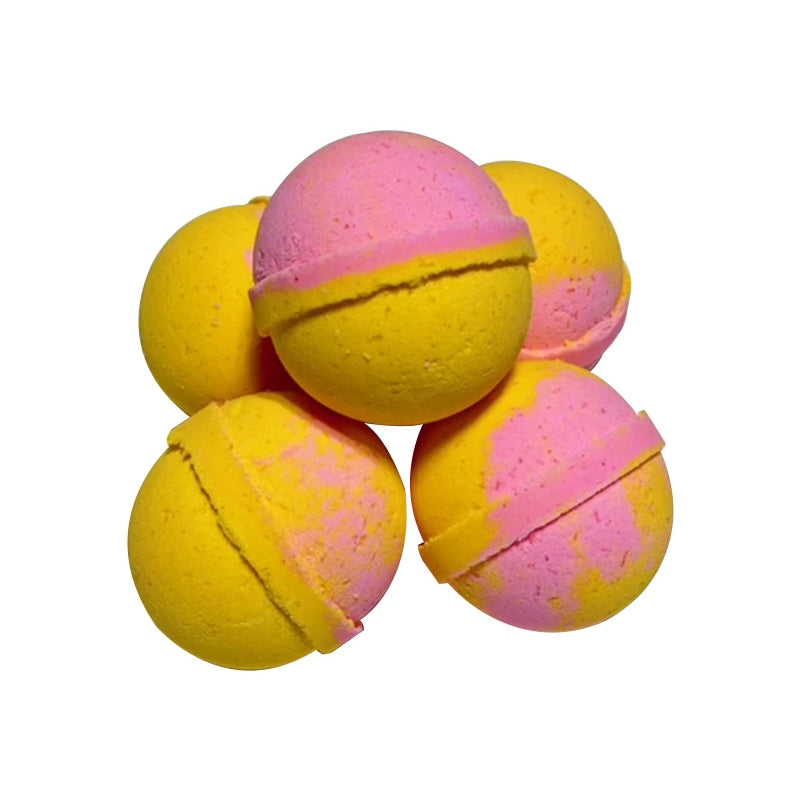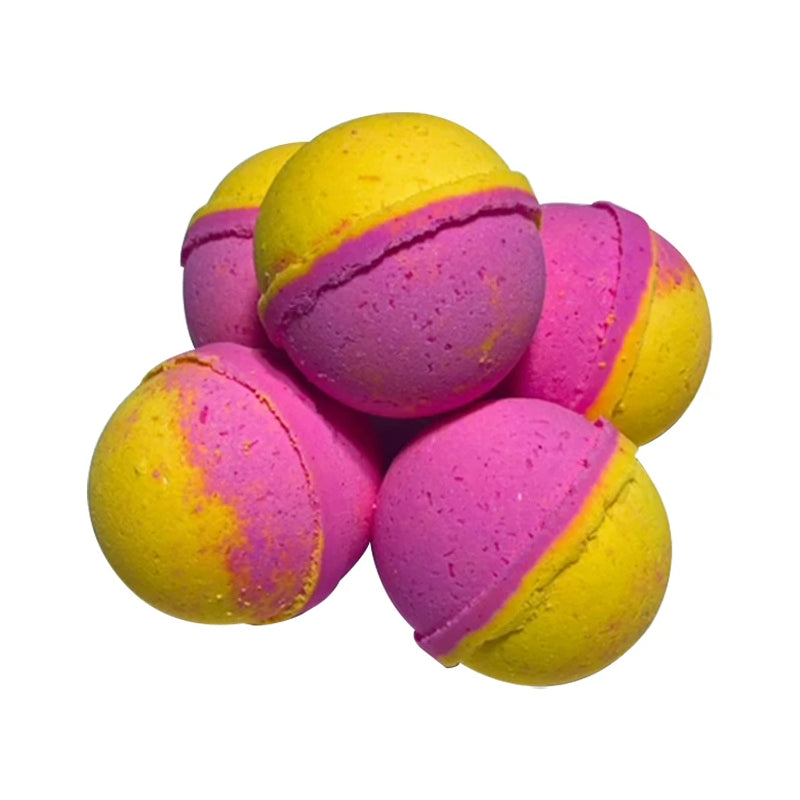“The Latest in Self-Care: Beyond the Bath Bomb and Beyond
Related Articles The Latest in Self-Care: Beyond the Bath Bomb and Beyond
- The Effortless Elegance: Your Guide To A Simple Yet Effective Beauty Routine
- Affordable Beauty: Achieving A Luxurious Look Without Breaking The Bank
- The Essential Editorial Look: A Comprehensive Guide
- Affordable Date Night Looks: Chic And Stylish Without Breaking The Bank
- Basic Glam: A Guide To Effortless Elegance
Introduction
On this special occasion, we are excited to explore an engaging topic related to The Latest in Self-Care: Beyond the Bath Bomb and Beyond. Join us as we weave together valuable insights and fresh perspectives to bring a new dimension to your understanding.
Table of Content
The Latest in Self-Care: Beyond the Bath Bomb and Beyond

Self-care. The term itself has become a ubiquitous buzzword, often associated with luxurious bath bombs and Instagram-worthy face masks. While these activities certainly have their place, the concept of self-care has evolved far beyond superficial pampering. In today’s fast-paced, hyper-connected world, true self-care encompasses a holistic approach to well-being, encompassing physical, mental, and emotional health. This article delves into the latest trends and evidence-based strategies for prioritizing self-care in a meaningful and sustainable way.
Moving Beyond the "Treat Yourself" Mentality:
The traditional view of self-care often focuses on indulging in pleasurable activities as a reward. While treating yourself is undoubtedly important, relying solely on this approach can be unsustainable and even counterproductive. True self-care requires a shift in mindset, moving away from fleeting pleasures and towards proactive strategies that promote long-term well-being. This means addressing the root causes of stress and burnout, rather than simply masking the symptoms.
The Pillars of Modern Self-Care:
Modern self-care is built upon several key pillars:
-
Mindful Movement: This goes beyond intense workouts. It encompasses activities that promote body awareness and connection, such as yoga, Pilates, tai chi, or even a simple mindful walk in nature. These practices help reduce stress, improve flexibility, and enhance mental clarity. The focus is on the process, not the outcome.

Prioritizing Sleep: Adequate sleep is crucial for physical and mental restoration. Aim for 7-9 hours of quality sleep per night. This involves establishing a consistent sleep schedule, creating a relaxing bedtime routine, and optimizing your sleep environment. Consider strategies like mindfulness meditation before bed to calm the mind.
-
Nourishing Nutrition: Fueling your body with nutrient-rich foods is essential for optimal energy levels and overall health. Focus on whole, unprocessed foods, including fruits, vegetables, lean proteins, and healthy fats. Limit processed foods, sugar, and caffeine, which can negatively impact mood and energy levels.
-
Mindfulness and Meditation: Regular mindfulness and meditation practices have been shown to reduce stress, anxiety, and depression. Even a few minutes a day can make a significant difference. There are numerous apps and online resources available to guide you through these practices.
-
Digital Detox: In today’s hyper-connected world, constant exposure to screens can lead to stress, anxiety, and sleep disturbances. Regularly disconnecting from technology is crucial for mental well-being. Set boundaries around screen time, create technology-free zones in your home, and schedule regular breaks from devices.
-
Social Connection: Humans are social creatures, and strong social connections are essential for mental and emotional health. Nurture your relationships with loved ones, engage in activities that foster social interaction, and seek support when needed.
-
Setting Boundaries: Learning to say "no" and setting healthy boundaries is crucial for protecting your time and energy. This involves identifying your limits and communicating them clearly to others. This can be challenging, but it’s essential for preventing burnout and maintaining your well-being.
-
Seeking Professional Support: Don’t hesitate to seek professional help when needed. Therapists, counselors, and other mental health professionals can provide valuable support and guidance in addressing mental health challenges.
Emerging Trends in Self-Care:
Beyond the established pillars, several emerging trends are shaping the landscape of modern self-care:
-
Nature Therapy: Spending time in nature has been shown to reduce stress, improve mood, and enhance cognitive function. Activities like forest bathing, hiking, or simply sitting in a park can be incredibly restorative.
-
Emotional Regulation Techniques: Learning to identify and manage your emotions is crucial for mental well-being. Techniques such as journaling, emotional regulation exercises, and cognitive behavioral therapy (CBT) can be invaluable tools.
-
Personalized Self-Care Plans: Recognizing that self-care is not a one-size-fits-all approach, personalized plans are gaining popularity. These plans consider individual needs, preferences, and lifestyle factors to create a tailored approach to well-being.
-
Community-Based Self-Care: Joining a self-care group or community can provide valuable support, connection, and shared experiences. These groups can offer a sense of belonging and encourage accountability.
-
Tech-Enabled Self-Care: Technology is playing an increasingly important role in self-care, with apps and wearable devices offering personalized guidance, tracking tools, and mindfulness exercises.
-
Financial Wellness: Financial stress can significantly impact mental and emotional health. Prioritizing financial wellness through budgeting, saving, and planning can reduce stress and improve overall well-being.
Integrating Self-Care into Daily Life:
The key to successful self-care is integration into your daily routine. This means making small, consistent changes rather than trying to overhaul your entire lifestyle at once. Start by identifying one or two areas to focus on, and gradually incorporate new habits into your daily routine. For example:
-
Start your day with a mindful moment: Take a few minutes to meditate, practice deep breathing, or simply enjoy a cup of tea in silence.
-
Incorporate movement into your day: Take the stairs instead of the elevator, walk during your lunch break, or do a quick workout at home.
-
Schedule regular downtime: Set aside specific times each day to disconnect from technology and relax.
-
Prioritize sleep: Establish a consistent sleep schedule and create a relaxing bedtime routine.
-
Practice gratitude: Take a few moments each day to reflect on things you’re grateful for.
Conclusion:
Self-care is not a luxury; it’s a necessity. It’s an ongoing process of prioritizing your physical, mental, and emotional well-being. By adopting a holistic approach and incorporating evidence-based strategies into your daily life, you can cultivate a sustainable and fulfilling path towards a healthier, happier you. Remember that self-care is a journey, not a destination, and it’s okay to adapt your approach as your needs evolve. Prioritizing self-care is an investment in your overall well-being, leading to improved resilience, increased productivity, and a richer, more meaningful life. The latest trends in self-care emphasize a more holistic, personalized, and sustainable approach, moving beyond fleeting indulgences to create lasting well-being.
Closing
With that, we hope this article has provided valuable insights into The Latest in Self-Care: Beyond the Bath Bomb and Beyond. Thank you for taking the time to read this article. See you in our next article!





